Regulations
On April 29, 2020, Regulations relating to CERB were released in the Canada Gazette.
Description: “As per paragraph 6(3)(a) of the Act, nominal income up to $1,000 over a four-week period, earned by workers who have otherwise ceased working due to COVID-19, will be excluded from income from employment. This will allow workers to earn nominal amounts of income without affecting their eligibility for income support payments.”
Canada Gazette Release (See SOR/2020-90)
FAQ UPDATE
On April 26, 2020, CRA updated their FAQ on CERB. Some items of note include:
Stopping work, but continuing to receive benefits
Stopping work does not mean that the employee has severed all ties with their employer. The employer can continue to provide non-cash benefits to the employee and these will not impact their eligibility for the Canada Emergency Response Benefit.
Does Severance affect eligibility?
A severance payment does not impact an individual’s eligibility for the Canada Emergency Response Benefit.
Does pension income and disability benefits affect eligibility?
The receipt of pension income and disability benefits does not prevent eligibility for CERB, provided you stopped working for reasons related to COVID-19 and meet the other eligibility criteria. However, pension income and disability benefits do not count towards the requisite $5,000 of previous earnings.
Are self-employed small business owners eligible for the CERB?
Yes provided they meet the eligibility criteria including that they stopped working due to COVID-19 and do not earn more than $1000 in a period of at least 14 consecutive days in the first benefit period and for the entire four-week benefit period of any subsequent claim.
Small Business owners can receive income from their business in different ways, including as salary, business income or dividends. In determining their eligibility for the Canada Emergency Response Benefit:
Owners who take a salary from their business should consider their pre-tax salary;
Owners who rely on business income should consider their net pre-tax income (gross income less expenses);
Owners who rely on dividend income should consider this as self-employment income provided it comes from non–eligible dividends (generally, those paid out of corporate income taxed at the small business rate).
Will workers with open EI claims (which they established before March 15) be handled by the old rules even if they reactivate their claim after March 15th?
Yes. If you are already receiving Employment Insurance regular benefits, you will continue to receive these benefits until the end of your benefit period. You cannot exit the Employment Insurance system to apply for the Canada Emergency Response Benefit before the end of your Employment Insurance benefit period.
I am a seasonal worker who received EI regular benefits over the off-season and I have just exhausted my benefit entitlement, but I am unable to find work due to COVID-19—am I eligible for the CERB?
Yes. You are eligible for the Canada Emergency Response Benefit if you are a former Employment Insurance claimant who used up your entitlement to your Employment Insurance regular benefits between December 29, 2019 and October 3, 2020, and are unable to find work due to COVID-19.
The date for which you would potentially become eligible for the Canada Emergency Response Benefit would be the week following your last Employment Insurance benefit payment or March 15, 2020, whichever is most recent. You may not receive EI benefits and the Canada Emergency Response Benefit for the same period.
Are individuals who are part of work-sharing agreements eligible for the CERB?
No. Individuals who are part of work-sharing agreements are not eligible as you cannot be getting Employment Insurance Benefits and the Canada Emergency Response Benefit at the same time.
